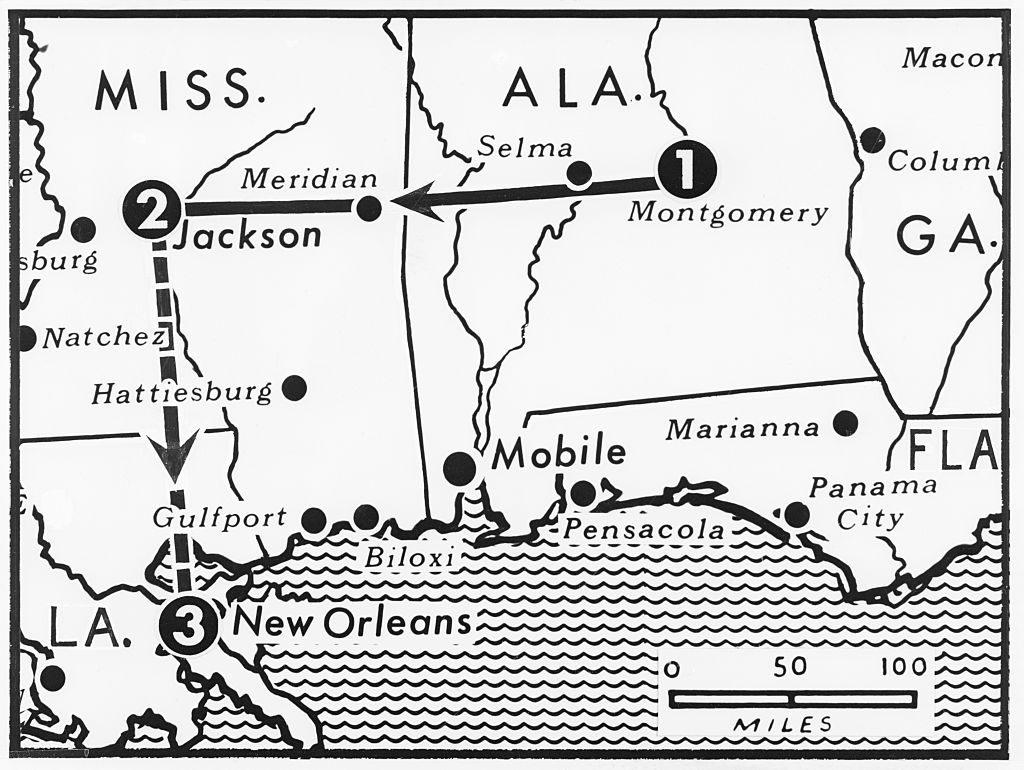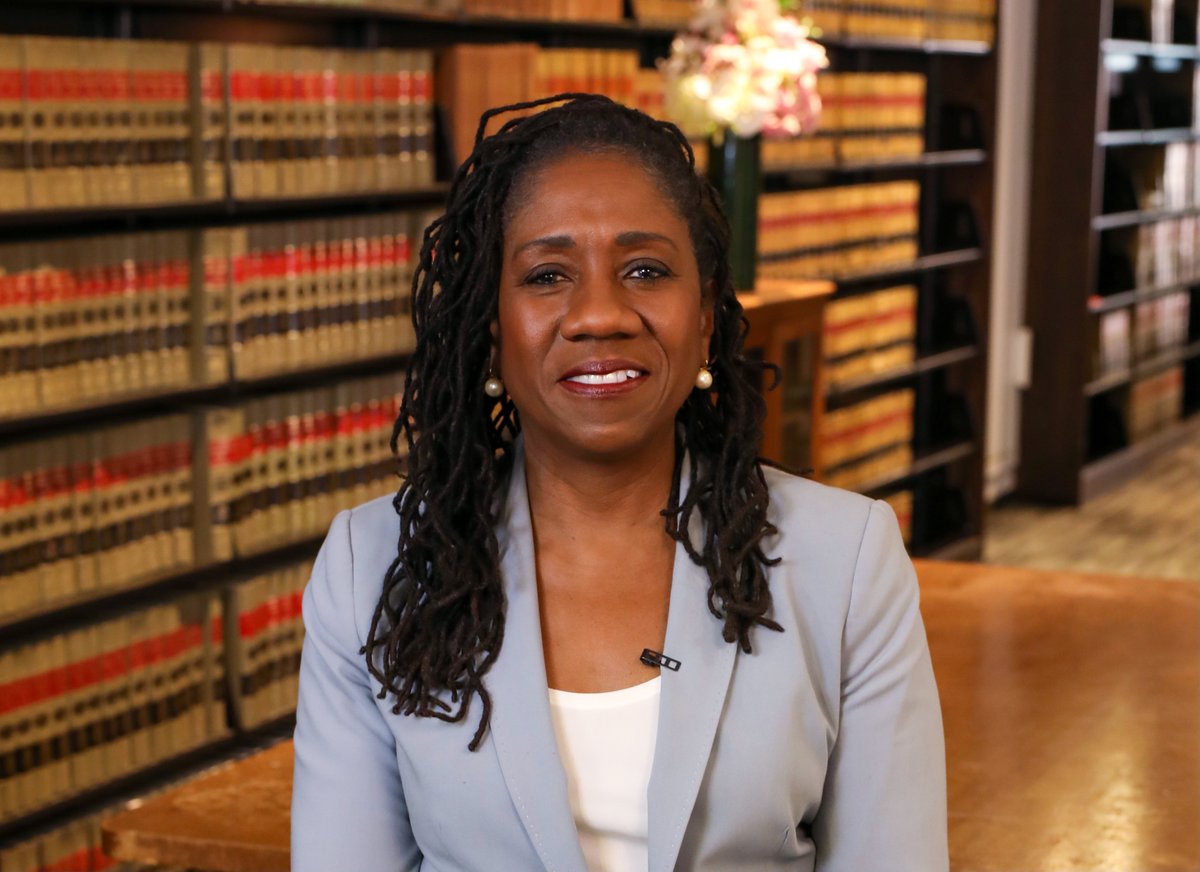Today, we celebrate a meaningful victory for democracy--Raquel Wright voted early in FL! 🗳️
Ms. Wright, a formerly-incarcerated Floridian, is a #votingrights advocate & plaintiff in Jones v. DeSantis--a lawsuit we filed to challenge #SB7066.
#WomensHistoryMonth



Ms. Wright, a formerly-incarcerated Floridian, is a #votingrights advocate & plaintiff in Jones v. DeSantis--a lawsuit we filed to challenge #SB7066.
#WomensHistoryMonth




In 2019, FL passed #Amendment4, a law to restore #votingirghts to the formerly incarcerated.
In response, the FL legislature enacted SB 7066. It placed a modern-day #polltax upon those same returning citizens forcing some to pay up to $50,000 in fees.
independent.co.uk/news/world/ame…
In response, the FL legislature enacted SB 7066. It placed a modern-day #polltax upon those same returning citizens forcing some to pay up to $50,000 in fees.
independent.co.uk/news/world/ame…
A narrow, meaningful victory was won in February, when the 11th Circuit Court upheld a ruling blocking SB 7066.
But we will not stop until all formerly-incarcerated Floridians can exercise their #votingrights as #Amendment4 intended.
Learn more here: naacpldf.org/press-release/…
But we will not stop until all formerly-incarcerated Floridians can exercise their #votingrights as #Amendment4 intended.
Learn more here: naacpldf.org/press-release/…
We continue to fight alongside the @ACLU, @ACLUFL & @BrennanCenter to undo #SB7066 & fully restore #votingrights to all formerly-incarcerated Floridians.
• • •
Missing some Tweet in this thread? You can try to
force a refresh















